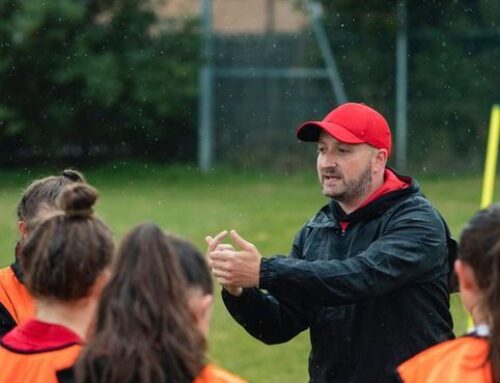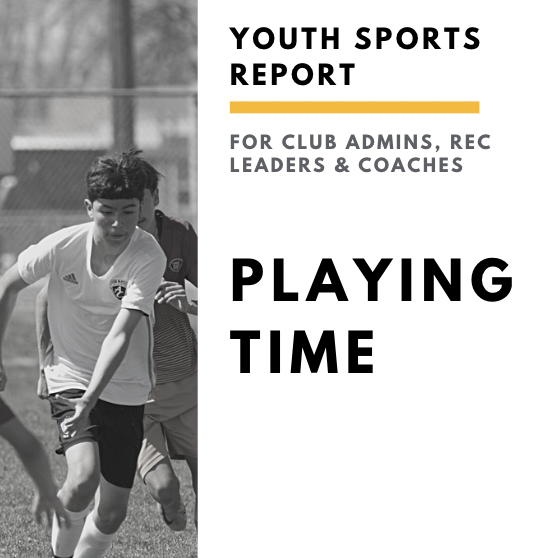Get our exclusive report. Download the iSport360 Club Switching Report Here – For Club Admins, Rec Leaders and Coaches.
Tips to Help Sideline Parents Reduce Stress
Sideline parent’s stress is a hot topic in youth sports. Parents are the lifeblood of youth sports. They do all of the cheering, driving, feeding, and supporting. Youth sports can be a passionate endeavor and sometimes we cross the line as parents. Here are five things parents can do to stay calm during youth sports games and the season.
Focus on the Positive:
Instead of fixating on mistakes or missed opportunities, focus on the positive aspects of your child’s performance and the game as a whole. Celebrate their efforts, improvements, and contributions, regardless of the outcome on the scoreboard. Remember, your child’s youth sports experience is just that, theirs. But as sideline parents, we know that you want to support and protect them and help them work through any issues.
Sideline Parents Stress Relaxation Techniques:
When you feel tension rising, take a moment to practice deep breathing and relaxation techniques to calm your mind and body. Inhale deeply through your nose, hold for a few seconds, and exhale slowly through your mouth. Repeat this process several times to help alleviate stress and anxiety. Seems weird, well it works and it works well. It resets your brain and helps you stay focused and supportive.
Maintain Perspective:
Remember that youth sports are meant to be fun and educational experiences for children. As sideline parents, keep things in perspective by reminding yourself that the outcome of a single game or season does not define your child’s worth or potential. Focus on the bigger picture of their growth, development, and enjoyment of the sport. We like to coach the sideline parent to look at each season vs each day. They aren’t robots so days will just look different.
Avoid Negative Self-Talk:
Be mindful of negative self-talk and internal dialogue that can fuel feelings of frustration, disappointment, or anger. Instead of berating yourself or your child for perceived shortcomings, practice self-compassion and offer words of encouragement and support. When my kids were playing sports, the last thing I said to them before they hopped out of the car was “Go have fun.”
Communicate Constructively:
Practice effective communication with your child, coaches, and other parents by expressing concerns or frustrations calmly and respectfully. Avoid confrontational or aggressive behavior that can escalate tensions and detract from the positive atmosphere of the game. Instead, focus on constructive dialogue and finding solutions to any issues or conflicts that arise.
By implementing these strategies, parents can cultivate a sense of calm, positivity, and sportsmanship during youth sports games, creating a supportive and enjoyable environment for their child and everyone involved. Remember that your behavior as a parent sets an example for your child and contributes to their overall sports experience, so strive to be a positive role model both on and off the field.
iSport360 is the only app that does it all for youth sports. For more information on what we do, click here.
About the author:
Amy Masters is a sports mom, coach, and club administrator. She has been coaching youth sports for more than 10 years. She started Jr Lions Field Hockey, the youth recreation program for the Hunterdon County community growing it from 40 players in year 1 to 150 players by year 3. A few years later, she saw the love and competitiveness grow then started Omega Field Hockey Club serving NJ and PA players. Before coaching, she was a collegiate field hockey player for Lock Haven University. In her spare time (lol), she is head of marketing for iSport360 and the co-editor of the Youth Sports Survival Guide. The Youth Sports Survival Guide is the largest youth sports newsletter in the world.
Learn more or request a demo of our youth sports software that is helping teams improve communication, organization and player development.
February 29, 2024




